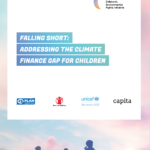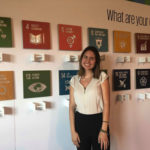The United Nations Special Rapporteur for Human Rights and the Environment, Dr. David Boyd, presented a report The Global Water Crisis and Human Rights to governments during the Human Rights Council 46th Regular Session. The report, informed by children and young people, highlights the disproportionate health impacts children face with the water crisis and states that every day, more than 700 children under the age of five die from water- and sanitation-related disasters. By 2040, almost 600 million children will live in regions with extremely limited water resources. The Special Rapporteur stresses that to address this crisis “It is imperative to listen to children’s voices.”
To bring visibility to the issues raised in the report the Special Rapporteur hosted an event The Global Water Crisis: Identifying and Implementing Rights-Based Solutions, featuring human rights and environmental experts from across the world. The event was kicked off by Olenka Magallanes, a 23-year-old student and a representative of the My Planet My Rights campaign calling for the recognition of children’s right to a healthy environment.
The following is Olenka’s message on the impacts of the water crisis on her community and the demands of children and young people.

Hello, my name is Olenka Magallanes. I am 23 years old and I am studying sustainable tourism, and I am a cultural promoter for the community-based organization “Arena y Esteras”. I live in Villa El Salvador, a peripheral district of the capital Lima in Peru.
Today I transmit the voices of children, adolescents and young people, from urban and rural communities, who are fighting for the defense of our territories, a dignified life and the life of our Mother Nature. I am here to ask for the fulfilment of environmental rights and the rights of our Mother Earth which have been violated in recent years in my country and around the world.
In my community, as well as in various urban, Andean and Amazonian communities, thousands of families are affected by the lack of access to drinking water. One of the examples is that during this pandemic, the lack of water has caused thousands of families to be exposed to covid-19 infection.
Likewise, during the last few years we have witnessed how environmental harm has been affecting our territories. One of them is the contamination of our water sources, seas, rivers and lagoons, which are polluted by third parties. They have been contaminated by toxic substances that are harmful to the health of children, adolescents and Youth.
Remedial measures have been insufficient, and this violates our right to a healthy environment.
I represent the network of children and youth for a good life (Red Infanto juvenile por el buen vivir de Peru – Redinjuv) and the Latin American youth network of Terre des Hommes and its partner organizations. As children, adolescents and youth, we have understood that part of the problem of the environmental crisis and harm that afflicts our territories is due to the lack of harmonization and coexistence. We as human beings have believed that we are the owners of our mother earth. We have broken our link with our local knowledge, with our roots and with our origins. That is why we have built the “decalogue of coexistence relations with water”. With the aim of recovering and raising awareness of the value of water from an intercultural and intergenerational perspective.
We have also been articulating various actions for the recovery of our practices and local knowledge alongside our communities, and promoting the concept of good life (“el buen vivir) for the transformation of our urban areas. For this reason, children, adolescents and youth demand:
-
Mechanisms that guarantee participation and representation in decision-making in our territories in an intergenerational and intercultural manner.
-
Compliance with national and international mechanisms for the defense of our territories, especially our water sources: rivers, seas and lagoons.
-
Guarantee and recognize water as a fundamental right.
-
Protection mechanisms that guarantee the lives of environmental leaders and defenders who have been cruelly assassinated and threatened for defending our territories.
-
Promote actions from a perspective of harmony, respect and good living for the recovery of our local knowledge, which we possess as a Latin American territory.
Let us remember that if life exists on earth, it is thanks to water, not money.
We trust and believe that starting from our communities, from the living community culture, together with national and international mechanisms, we can guarantee our right to a healthy environment, the right to water and to a dignified life.







